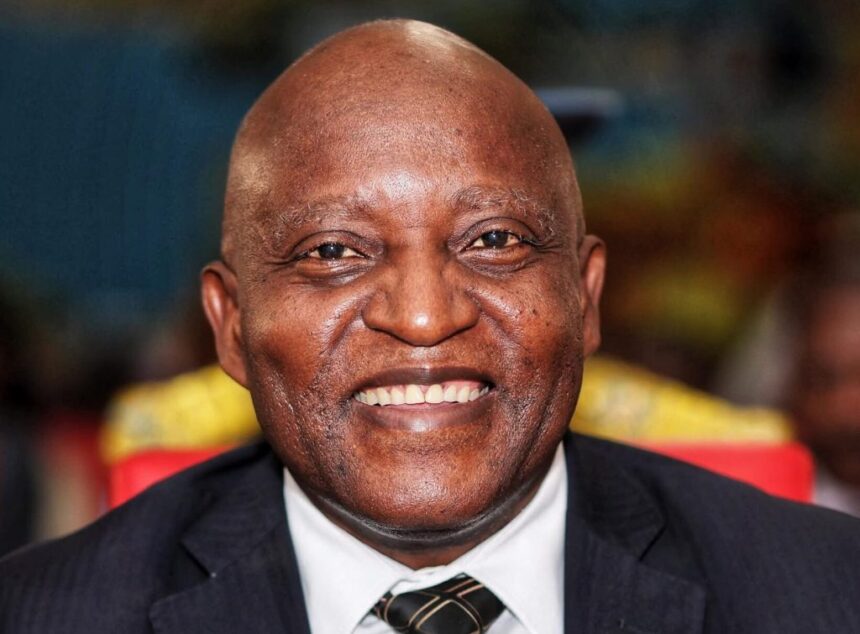Rudolf Gaiseb
Prime Minister Elijah Ngurare said delays occur in the issuance of farmers’ drought relief subsidies when application forms submitted are incomplete.
He said this happens frequently, while others are filled with incorrect information.
“These are then returned to the respective offices for correction before being forwarded to the ministry’s head office in Windhoek for final validation,” he stated.
He spoke in Parliament last week, responding to questions put forth by National Unity Democratic Organisation member Vetaruhe Kandorozu.
Kandorozu, concerned about why it takes more than six months to pay farmers, said these farmers, some of whom live in drought-prone areas or regions, submit their subsidy claims on time at respective extension offices of the Ministry of Agriculture, Fisheries, Water and Land Reform.
The ministry, through its network of extension offices nationwide, is responsible for receiving subsidy applications from farmers, as well as conducting the initial validation and calculations. “How many months must one farmer wait to receive his or her money/subsidy, and why can’t the Prime Minister’s office make the waiting period a minimum of one month and a maximum of three months?” he questioned.
Ngurare acknowledged this is possible and added, “Once the claims reach the Office of the Prime Minister, and provided all documentation are in order, the usual turnaround time for payment is approximately three to four weeks.” Ngurare also considered hiring graduate interns to help speed up the process of subsidy payment, as Kandorozu suggested.
Additionally, in response to the increasing workload associated with processing subsidy claims, the Office of the Prime Minister states it has submitted a formal request to the Public Service Commission seeking approval for the Directorate of Disaster Risk Management to establish temporary personnel to support the work of the accountants at the directorate, including recent graduates and interns.
The former Okakarara regional constituency councillor (Kandorozu) wants the Prime Minister’s Office to decentralise the payment of drought subsidy to the regional councils. However, Ngurare said the drought livestock support programme is implemented by the Ministry of Agriculture, Fisheries, Water and Land Reform.
The OPM merely facilitates the actual payment of claims to farmers once the ministry of agriculture has scrutinised and approved such applications.
“The process ownership of this programme lies with the ministry of agriculture. Hence, that ministry is also responsible for budgeting towards this programme and decentralising it to extension services in the regions,” he added.


